The latest Nationwide house price index, released yesterday morning, reveals that January has seen the strongest start to the year since 2005.
According to the figures, annual house price growth increased to 11.2% in January, from 10.4% in December. Prices are also up 0.8% month-on-month.
Commenting on the figures, Robert Gardner, Nationwide’s chief economist, says: “Housing demand has remained robust. Mortgage approvals for house purchases have continued to run slightly above pre-pandemic levels, despite the surge in activity in 2021 as a result of the stamp duty holiday, which encouraged buyers to bring forward their transactions to avoid additional tax.”
“Indeed, the total number of property transactions in 2021 was the highest since 2007 and around 25% higher than in 2019, before the pandemic struck.”
“At the same time, the stock of homes on estate agents’ books has remained extremely low, which is contributing to the continued robust pace of house price growth.”
With positive data pointing to a robust market in spite of the ongoing pandemic, we look at some other reactions from industry experts.
Marc von Grundherr, director of Benham and Reeves, comments: “Make no mistake, the housing market is booming, and we’ve picked right back up from where we left off in 2021, with the strongest start to the year in almost two decades.”
“It’s hard to remember a time when such bullish market conditions were maintained for such a long period of time. However, with inflation starting to put pressure on household finances there is a chance we may soon see this relentless rate of house price appreciation start to slow.”
von Grundherr says the London market looks poised to outperform the wider UK over the coming year.
“We’ve seen a huge uplift in both tenant and homebuyer demand following the pandemic inspired exodus and many have now realised that London is where they want to be, not just where they need to be,” he adds.
“Foreign homebuyers are also returning at quite a rate, many of whom are unphased about rising inflation or the resulting increase in interest rates and this will help rejuvenate the London property market considerably.”
Jonathan Samuels, chief executive officer of Octane Capital, states: “A number of factors continue to influence the incredibly buoyant market conditions being seen of late and this perfect storm of housing market growth is currently showing no signs of yielding.”
“The nation’s estate agents can’t restock the shelves fast enough and the level of available properties remains insufficient when compared to the huge levels of buyer demand still sweeping the market. As a result, it very much remains a seller's market and buyers are still taking advantage of the low cost of borrowing to offer that little bit more in order to secure their favoured property.”
He adds: “Of course, all eyes will be on the Bank of England this week and a potential increase in interest rates. While this is only likely to be marginal, it comes just a short time after the previous increase and may cause some buyers to offer that little bit less with an eye on their future mortgage repayments.”
Founder and chief executive officer of GetAgent, Colby Short, explains: “Since the introduction of the stamp duty holiday we’ve seen the nation’s homebuyers beg, borrow and borrow some more in order to secure a purchase and make a saving. However, now this saving is no longer on the cards, we’re yet to see this heightened market activity subside and house prices continue to accelerate as a result.”
“It’s fair to say that something has to give and we’re now seeing a squeeze on household incomes in other areas of life. While this is unlikely to derail the market, we can expect the current rate of house price growth to ease over the coming year as many households tighten their belts.”
Will the market cool down in 2022?
While the outlook remains uncertain, Gardner predicts the housing market will slow this year. This is because house price growth has outstripped earnings growth by a wide margin since the pandemic struck and housing affordability has become less favourable as a result.
“For example,” Gardner explains, “a 10% deposit on a typical first-time buyer home is now equivalent to 56% of total gross annual earnings, a record high. Similarly, a typical mortgage payment as a share of take-home pay is now above the long-run average, despite mortgage rates remaining close to all-time lows.”
“Reduced affordability is likely to exert a dampening impact on market activity and house price growth, especially since household finances are also coming under pressure from sharp increases in the cost of living.”
Gardner also believes high inflation and growing confidence that the Omicron variant will not derail wider economic recovery has led to increased expectations that policymakers will increase interest rates further in the months ahead.
“This will further reduce housing affordability if it feeds through to higher mortgage rates, although to date a significant proportion of the rise in longer-term interest rates seen in recent months has been absorbed by lenders,” he concludes.
|
Headlines
|
Jan-22
|
Dec-21
|
|
Monthly Index*
|
513.0
|
509.1
|
|
Monthly Change*
|
0.8%
|
1.1%
|
|
Annual Change
|
11.2%
|
10.4%
|
|
Average Price
(not seasonally adjusted)
|
£255,556
|
£254,822
|



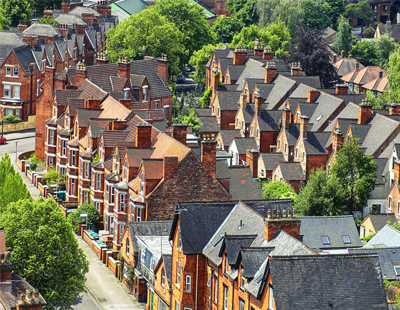

.jpg)

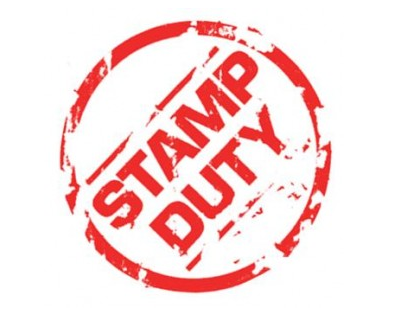
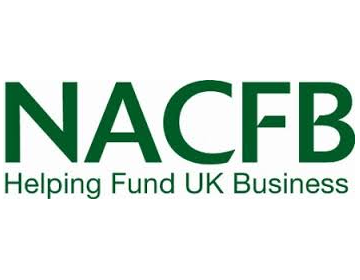
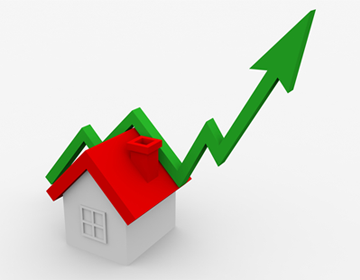
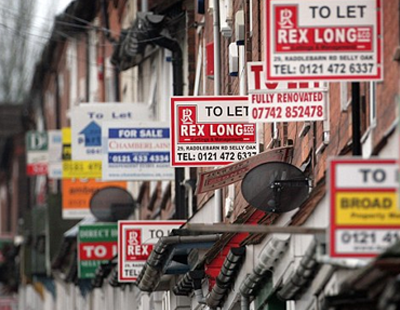






Join the conversation
Be the first to comment (please use the comment box below)
Please login to comment